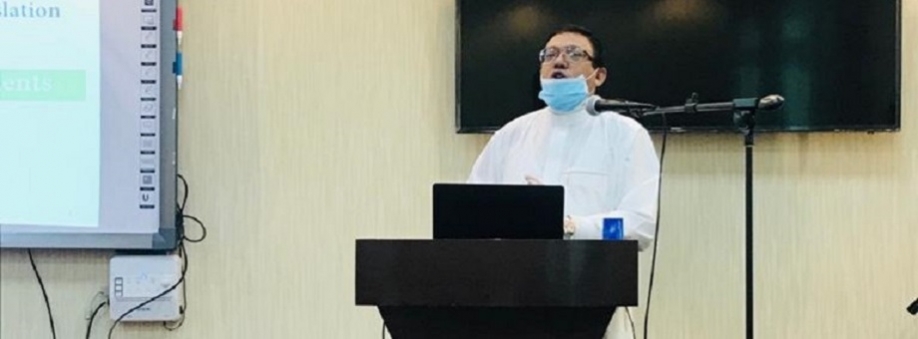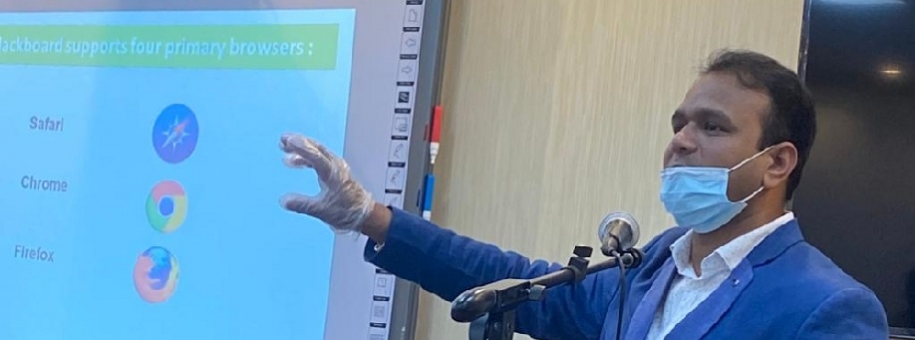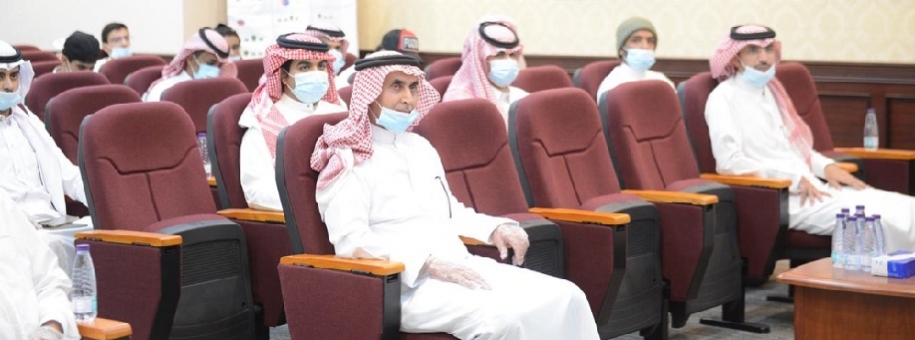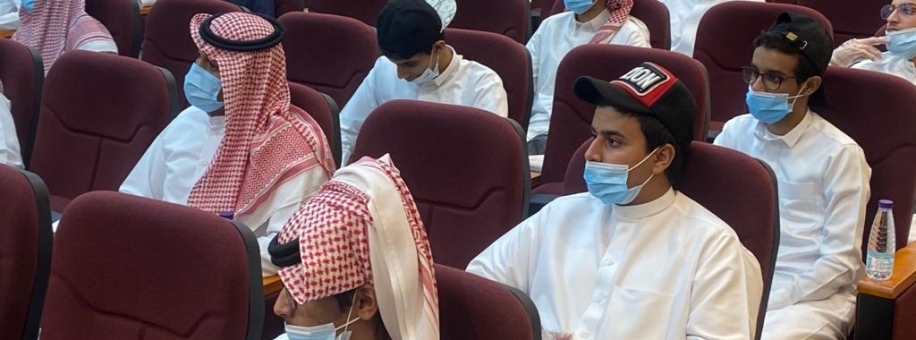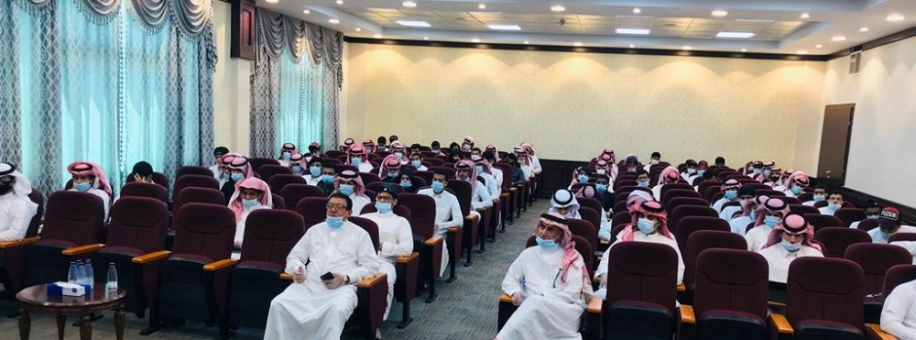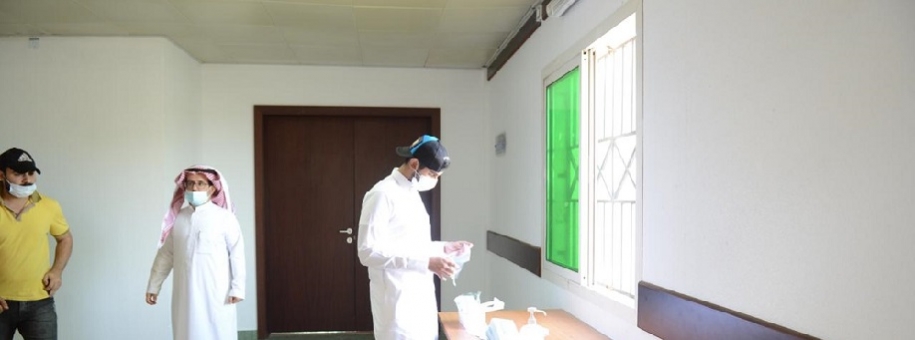FLT In-Service Teacher Training Webinar: Online Pedagogical Practices
On 30 November 2020, Mohsin Khan and Dr. Sayyed Rashid Ali Shah delivered an in-service teacher training webinar to 300 participants. The webinar, in cooperation with the Directorate of Education in Rijal Alma on "Online Teaching: Authentic Assessment Tools and Strategies" by Dr. Sayyed Rashid Ali Shah and "Online Pedagogical Practices" by Mohsin Khan, provided both male and female teachers with the strategies, tools, and knowledge needed to adjust to the educational changes caused by the COVID-19 pandemic. Vice Dean for Academic Development & Quality, Dr. Abdulrahman Almosa, related that he planned this event after receiving a request from the Directorate of Education in Rijal Alma, noting that it was an excellent opportunity for the Faculty of Languages and Translation to provide a unique in-service teacher training opportunity that combines learning goals, learning outcomes, and community service in a way that enhances both teacher and student growth in the region.
After introductions by Vice Dean Almosa, Dr. Shah began the discussion to center on the pedagogical shift required for online teaching, noting that assessment plays a vital role. He began by encouraging educators to introduce innovative assessment tasks based on recent trends. Dr. Shah highlighted the different types of assessment tools in online teaching and learning, helping participants to develop an understanding of online assessment tools that can be utilized/adapted by English language teachers in the Saudi EFL context. "There are a number of practices you can use to evaluate students mindfully. The best method will vary based on learning needs and objectives," he said.
Khan then discussed the need for providing context in an online environment. He then explained that a teacher must find creative ways of using a given learning management system to enhance student learning. Drawing on his experience as a Master Reviewer for Quality Matters, Khan guided participants through a series of strategies they can use to evaluate and improve their online instruction. "The mere use of technology is not enough. The success of online education lies in proper incorporation of technology in order to attain the curriculum objectives and academic goals," he concluded.
The Bachelor of Arts in English program at the Faculty of Languages and Translation is committed to participating in community partnership activities as part of its role in the community partnership plan at King Khalid University.
Date: 12/4/2020
Source: Faculty of Languages and Translation


